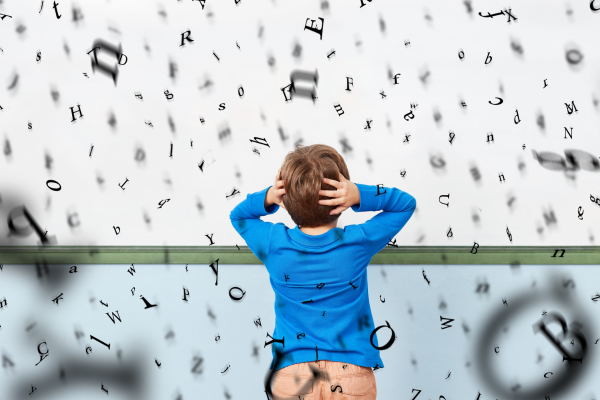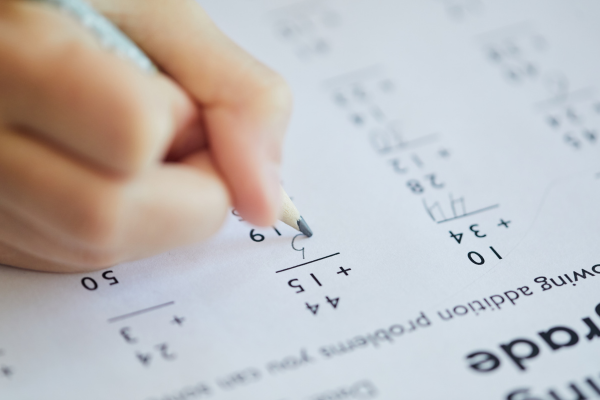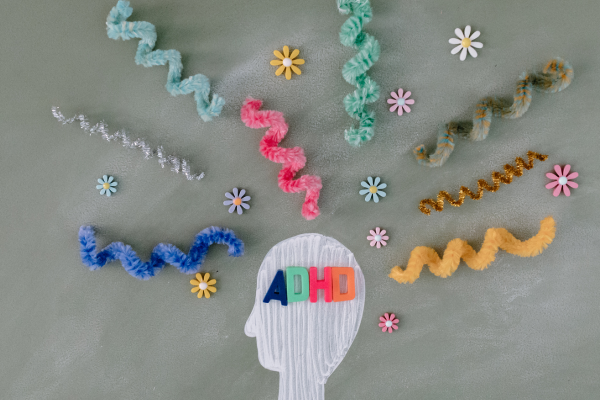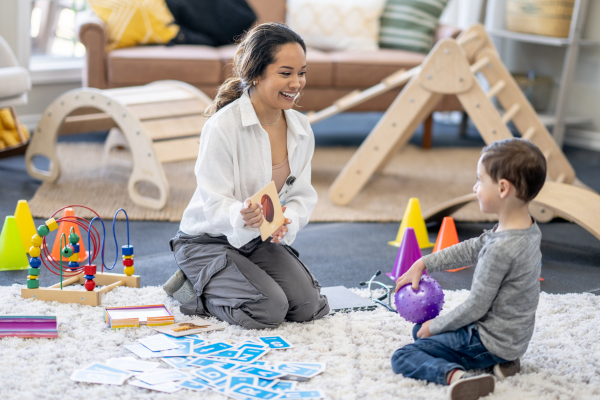
Imagine the frustration of wanting to learn, to excel, but feeling held back by an invisible barrier. This is the reality for many children with learning disabilities (LDs). These are neurological differences that can impact how a child processes information, leading to difficulties in reading, writing, math, or other academic areas.
The Emotional Toll of Learning Disabilities
For a child with an LD, the daily struggle to grasp concepts can be isolating and discouraging. Imagine the sting of a bad grade, the confusion of not understanding the teacher’s instructions, or the frustration of feeling “dumb” compared to classmates. These experiences can damage a child’s self-esteem, lead to anxiety, and even trigger behavioral problems.
Witnessing the struggles of children with undiagnosed or unsupported learning disabilities is a heartbreaking reality. These challenges can lead to isolation, frustration, and a damaged sense of self-esteem. However, the story doesn’t have to end there. With early identification, intervention, and a supportive environment, children with LDs can not only overcome these obstacles but flourish in their academic journey.
Demystifying Common Learning Disabilities
Here’s a closer look at some common learning disabilities:
Dyslexia

This challenges reading fluency and comprehension. Letters might appear jumbled, words seem to dance on the page, and decoding sounds can be a significant hurdle. A child with dyslexia might struggle to keep up with reading assignments in school, leading to feelings of inadequacy and a reluctance to participate in reading activities.
Dysgraphia

Writing can feel like a battle for children with dysgraphia. Forming letters neatly, maintaining consistent spacing, and expressing thoughts clearly can be incredibly frustrating. Imagine the emotional strain of wanting to share your ideas but feeling physically unable to translate them onto paper.
Dyscalculia

For children with dyscalculia, math transforms into a complex puzzle. Grasping number concepts, performing calculations, and understanding spatial relationships can be a significant hurdle. The frustration of not being able to solve problems they see their peers tackle with ease can lead to feelings of isolation and a disinterest in math altogether.
Attention Deficit Hyperactivity Disorder (ADHD)

While not strictly an LD, ADHD can often co-occur with learning disabilities. Children with ADHD may exhibit challenges with focus, organization, and impulsivity, which can further complicate learning.
Empowering the Learning Journey

The Power of Early Intervention

The good news is that with early intervention and the right support system, children with learning disabilities can not only overcome these challenges but thrive. The earlier an LD is identified, the sooner intervention can begin. This can significantly improve a child’s academic performance and emotional well-being.
Unveiling the Strengths Beneath the Challenges
It’s important to remember that LDs are not a reflection of intelligence. Many children with LDs are bright and capable, but their brains simply work differently. Often, these differences manifest as unique strengths:
- Creativity: Children with dyslexia may excel in visual-spatial reasoning, leading to artistic talent.
- Problem-solving: Kids with dyscalculia might develop strong “out-of-the-box” thinking skills.
- Resourcefulness: Children with ADHD may possess boundless energy and enthusiasm, which can be channeled into leadership or innovation.
Beyond the Label
Think of Albert Einstein, who struggled with traditional schooling but revolutionized physics with his groundbreaking theories. Or Agatha Christie, a dyslexic who became a literary legend. Learning disabilities are not limitations; they are simply different ways of learning.
By embracing neurodiversity, we create a world where every child feels valued and supported. We empower them to learn in ways that resonate with them, fostering a love of learning that fuels a lifetime of discovery.
Building Confidence and Self-esteem

Beyond academics, fostering a child’s self-esteem is crucial. Celebrate their efforts, highlight their strengths, and create opportunities for them to experience success. Let them know that they are not defined by their learning disability but by their resilience, perseverance, and unique talents.
The ONE Intervention Centre Difference
At ONE Intervention Centre, we are passionate about supporting children with LDs. We offer a comprehensive approach that goes beyond academics. Our Early Intervention Program for Infants and Children (EIPIC) provides a foundation for early identification and intervention. Our School Readiness Program helps children develop the crucial skills they need to thrive in a classroom setting.
Additionally, our Horizons Series offers targeted programs like Art Therapy and Social Playground, designed to address specific challenges and empower children with LDs.
- Celebrating Strengths: One of the most crucial aspects of our approach is identifying and celebrating each child’s unique strengths. Many children with learning disabilities possess exceptional creativity, problem-solving skills, or artistic abilities. By nurturing these strengths, we build confidence and foster a love of learning that transcends challenges.
- Personalized Learning: A one-size-fits-all approach simply doesn’t work for children with learning disabilities. Our team of experienced professionals creates personalized interventions tailored to each child’s specific needs. This might involve multi-sensory learning techniques, assistive technology, or alternative learning strategies that resonate with their unique learning style.
- Building a Support System: Collaboration between parents, educators, and therapists is essential for a child’s success. At ONE Intervention Centre, we foster open communication and a shared understanding of each child’s needs. This collaborative approach creates a safe and supportive learning environment where children feel empowered to ask questions, take risks, and embrace their individual learning styles.
We understand that every child learns differently. Our team of experienced professionals works collaboratively with families and educators to create a personalized plan that meets each child’s unique needs.
If you suspect your child may have a learning disability, do not hesitate to seek help. Early intervention can make a world of difference. Contact ONE Intervention Centre today to learn more about our programs and how we can support your child’s journey to success.
Visit our website, www.oneintervention.org, to access a wealth of resources on learning disabilities, early intervention, and school readiness. We believe that every child deserves the chance to reach their full potential. You can also find us on Instagram and Facebook @oneintervention
